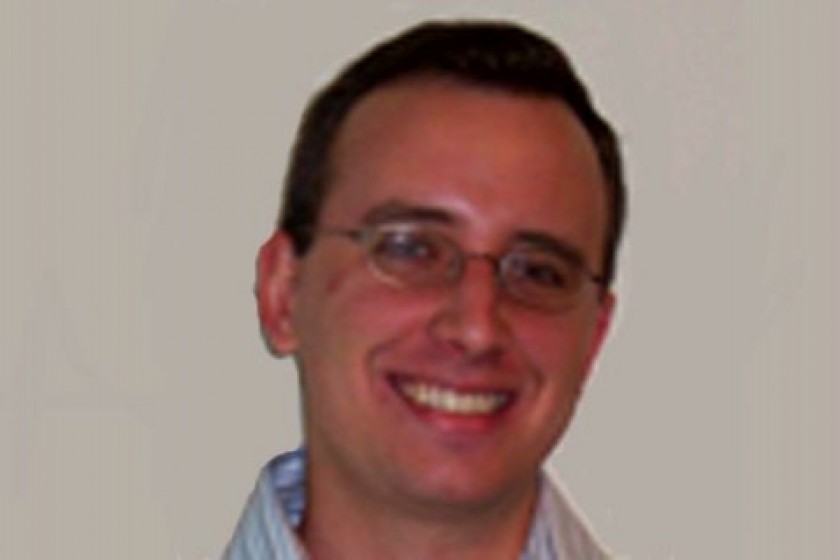
Improved Farming Practices in Armenia? What’s Changed after MCC Training Program?
To spur better agricultural practices in Armenia, the Millennium Challenge Corporation funded a project called the Water-to-Market (WtM) training program.
It was tasked with instructing more that 50,000 individuals in rural Armenia on the efficient use of irrigation water and on making the transition toward the cultivation of high-value crops.
The U.S. based Mathematica Policy Research published a 45-page working paper “Should Foreign Aid Fund Agricultural Training? Evidence from Armenia” which reviewed the results of this program. Hetq subsequently translated Mathematica’s findings to Armenian and published an article entitled “U.S. Policy Organization Calls $16.6 Million Farmer Training Program in Armenia a “Bust”; Ministry Disagrees.”
After the publication of the article, Kenneth Fortson, the main researcher, wrote to Hetq, complaining that the article contained a number of “inaccuracies and misrepresentations.”
Hetq then sent a number of questions to Kenneth Forston, requesting specifics. What follows are our questions and Mr. Forston’s responses.
Hetq: As the principal investigator of the research study you responded to Hetq that the “WtM training was well-implemented” and we have mischaracterized it. To your mind who should be liable for the conclusions in your research that we have pointed out and translated in our article. Please detail the reasons of such kind of results of the training.
| Passages from the research paper. |
|
Ken Fortson: I would characterize this differently—I do not consider it a matter of liability, rather, it is a matter of learning. Many well-intentioned development programs have been implemented well in Armenia. Some of them were probably great successes, while many others were not. But without a rigorous evaluation, we cannot distinguish the successful programs worth doing again.
The design of the WtM training program was a collaborative process. The WtM program was originally proposed by the Millennium Challenge Corporation (MCC) as a way to help translate improved access to reliable irrigation into improved agricultural productivity. MCC and the Millennium Challenge Account for Armenia (MCA-Armenia) worked together to formulate the Water-to-Market activity, including the broad approach for the WtM training subactivity. In doing so, they consulted with many other experts on Armenian agriculture, including representatives at other government agencies, other donor agencies, and other members of MCA’s stakeholder committee. ACDI/VOCA and Vistaa refined those plans when they were selected to implement WtM training.
I have had the pleasure of meeting the many smart, hard-working individuals involved in developing the WtM training program. Although WtM training did not yield the desired long-term effects, the people I have met are exactly the people I would want involved in exploring new ways to improve wellbeing in rural Armenia to learn what else might work. Some good ideas might work, others might not, and we must keep experimenting until we find success.
I have tried to answer the questions below as specifically as I can, but many of these would require releasing private information that is proprietary due to the terms of the study’s confidentiality agreements.
Hetq: Please enumerate the villages which benefited from the training.
Ken Fortson- As mentioned above, I cannot release the names of the villages in the study. I should also mention that the statement that a small number of communities benefitted was speculative—I think it’s certainly plausible, but we cannot confirm that it actually happened.
Hetq: Please detail the successful practices that are the results of WTM training and are in use now in that villages.
Ken Fortson: Construction and utilization of greenhouses was perhaps the most visible set of practices, along with other practices that are implemented in greenhouses.
Hetq: Do you think the money spent on the project and the results are consistent with each other? How much from the project budget has been spent in vain to your mind.
Ken Fortson- We focused on the impacts of the program as a whole—it would be difficult, and probably impossible, to split out the efficacy of specific expenditures. Ex ante, the cost of the program was a reasonable investment because, if farmers’ behavior could be changed through the training program, it had the potential to make a considerable economic impact at low cost. Ex post, we found that this was unlikely to be the case, and future funds should be devoted to other investments, possibly including redesigned agricultural training programs.
Hetq: Who were the trainers? Could you provide their names and the organizations they work for?
Ken Fortson: We cannot provide individual names due to confidentiality considerations, but you could ask Vistaa if you have specific questions.
Hetq: By sending requests to the regional governors we have found out that the number of the participants to the “Water-to-Market” courses doesn’t match the data provided by Millenium Challenge Corporation. Have you explored whether the number of the training participants (50,000) is true or not?
Ken Fortson: I’m unclear what information the regional governors have collected and so cannot confirm or reject its accuracy. Instead, I’ll discuss the monitoring of which I am aware. We ourselves have explored the accuracy of the number of participants but have not verified every single participant; as you can imagine, it would be practically impossible to do so given the scale of the program. We attended several training sessions ourselves and also could verify many of the participants through our survey data. Our MCA-Armenia colleagues also conducted field visits on regular bases by randomly selecting communities where trainings were provided and attending the sessions to verify different aspects of the training., some of which were scheduled and others were surprise visits. I cannot speak to the accuracy of the regional governors’ reports; I am not sure whether they would be well-informed about the details of training programs.
 Videos
Videos Photos
Photos
Comments (2)
Write a comment